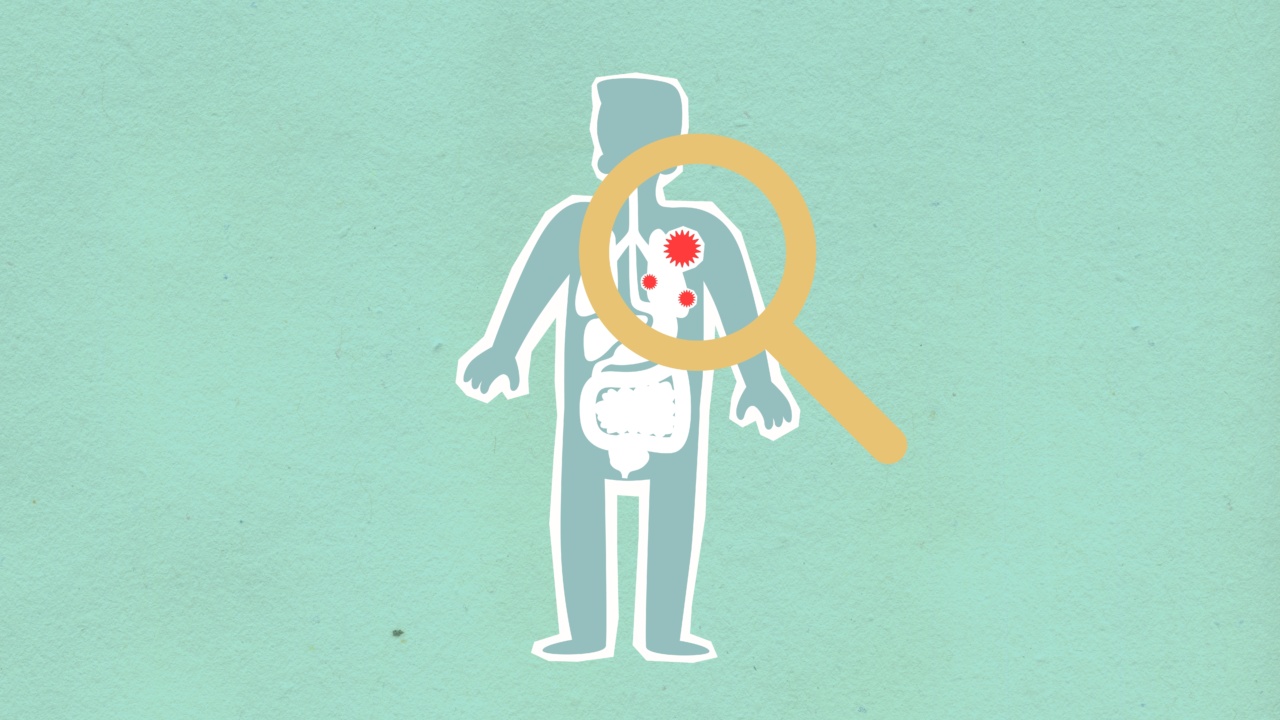Our internal clocks, also referred to as our circadian rhythms, play a crucial role in regulating various physiological processes within our bodies.
These rhythms help determine when we feel sleepy or awake, influence our body temperature, control hormone production, and even affect our digestion. While the primary regulator of our internal clocks is the suprachiasmatic nucleus (SCN) in the brain, emerging research suggests that our gut microbes also have a significant impact on these delicate rhythms.
The Gut-Brain Connection
We typically think of our gut as solely responsible for digesting food and extracting nutrients.
However, recent studies have revealed that the gut microbiome, the complex community of microorganisms residing in our gastrointestinal tract, exerts a remarkable influence not only on our physical health but also on our mental well-being.
The gut-brain axis, a bidirectional communication system between the gut and the brain, plays a crucial role in this intricate relationship.
The gut communicates with the brain through various pathways, including the nervous system, immune system, and endocrine system. This constant dialogue allows the gut to influence neural activity, emotional responses, and even cognitive functions.
Among the many ways in which the gut impacts the brain, recent studies have shed light on the role gut microbes play in regulating our internal clocks.
The Role of Gut Microbes in Circadian Rhythms
Our gut microbes exhibit their own daily rhythm, similar to our internal clocks. They have their own patterns of activity and rest, which are synchronized with our sleep-wake cycles.
This interaction between our gut microbes and our internal clocks is a complex interplay of various factors.
One important aspect is the production of metabolites by our gut microbes. Gut microbes are known to metabolize the food we consume and produce various byproducts, including short-chain fatty acids and neurotransmitters.
These metabolites influence our physiological processes, such as hormone production and inflammation levels, both of which are intricately linked to our internal clocks.
Furthermore, studies have shown that disruptions in the gut microbiome can disrupt our circadian rhythms.
For example, antibiotic-induced changes in gut microbial composition have been found to lead to disruptions in sleep patterns and altered expression of circadian clock genes in animals.
The Gut Microbiome and Sleep
Proper sleep is essential for maintaining a healthy circadian rhythm, and emerging evidence suggests that our gut microbiome plays a substantial role in regulating our sleep-wake cycles.
Research conducted on mice has shown that specific strains of bacteria in the gut are associated with sleep quality.
When these bacteria were transplanted into other mice, their sleep patterns were altered, emphasizing the role of gut microbes in regulating sleep.
Gut microbes can also indirectly impact sleep by influencing the production of neurotransmitters such as serotonin and dopamine. These neurotransmitters play a crucial role in regulating our mood and sleep patterns.
Moreover, certain strains of gut bacteria produce compounds that affect the production of melatonin, a hormone that helps regulate sleep-wake cycles.
Maintaining a Healthy Gut Microbiome for Optimal Circadian Rhythms
Given the emerging evidence of the impact of gut microbes on our internal clocks, maintaining a healthy gut microbiome becomes crucial. Here are some steps you can take to support a healthy gut microbiome:.
1. Eat a Balanced Diet
A diet rich in fiber, prebiotics, and fermented foods helps promote the growth of beneficial gut microbes.
Include a variety of fruits, vegetables, whole grains, and legumes in your diet to provide essential nutrients for both your body and your gut microbiome.
2. Avoid Antibiotic Overuse
While antibiotics are essential for combating bacterial infections, they can also disrupt the balance of gut microbiota. Avoid unnecessary antibiotic use and seek natural alternatives when appropriate.
3. Manage Stress Levels
Stress can significantly impact the diversity and composition of gut microbes. Incorporate stress-reducing practices such as meditation, exercise, and adequate sleep to support a healthy gut microbiome.
4. Consider Probiotic Supplements
Probiotics are live bacteria and yeasts that can provide numerous health benefits when consumed. Consult with a healthcare professional to determine which probiotic supplements are best suited for your needs.
5. Prioritize Sleep
Quality sleep is vital for maintaining regular circadian rhythms and a healthy gut microbiome. Ensure you have a consistent sleep schedule, create a comfortable sleep environment, and establish a relaxing bedtime routine.
Conclusion
While our internal clocks are primarily regulated by the suprachiasmatic nucleus in our brains, emerging research highlights the significant impact of gut microbes on these delicate rhythms.
Our gut microbiome and our circadian rhythms are intricately linked, with the gut-brain axis playing a vital role in this connection. By maintaining a healthy gut microbiome, we can support optimal circadian rhythms, promote good sleep quality, and enhance overall well-being.




























